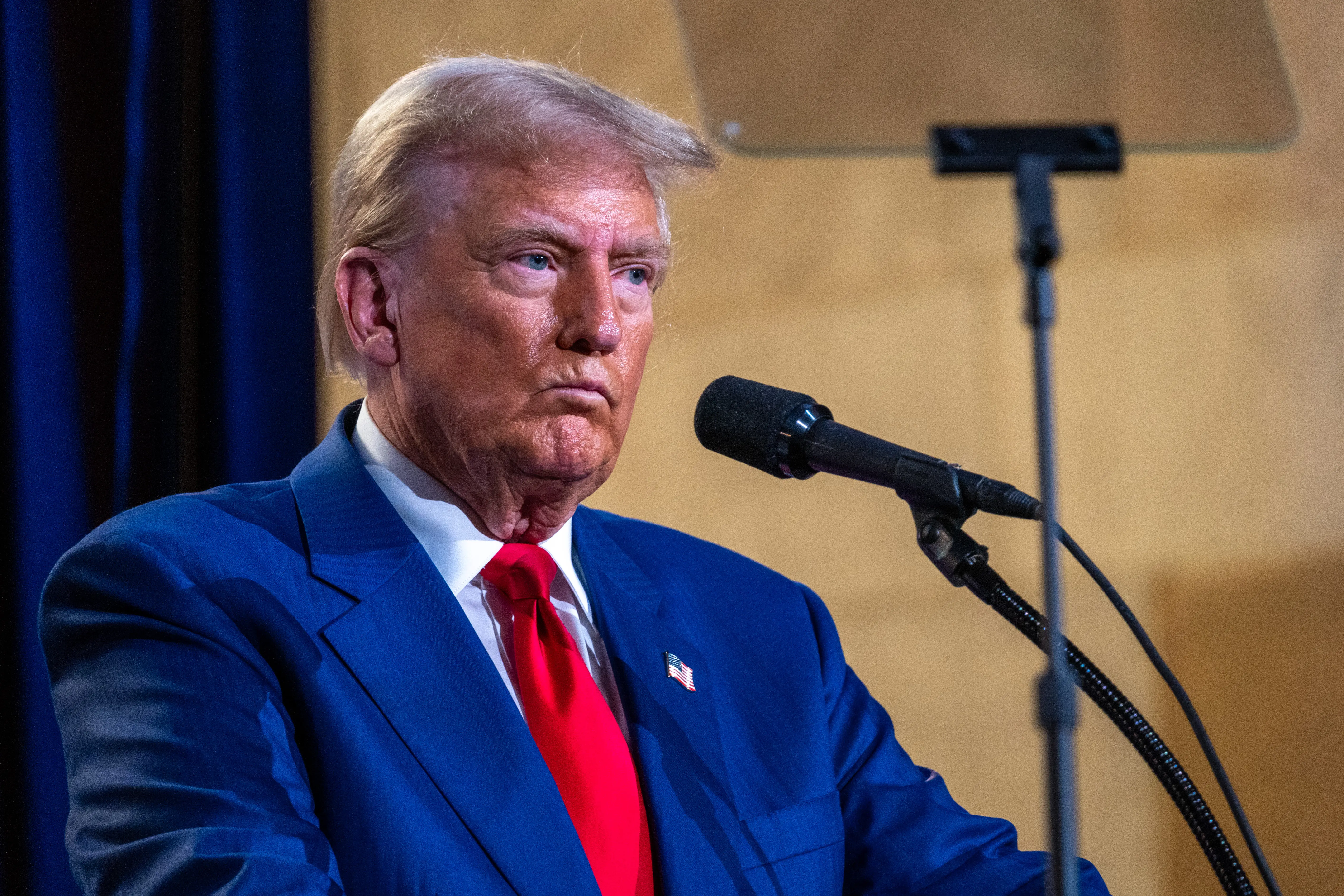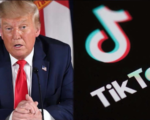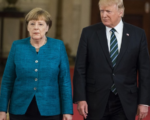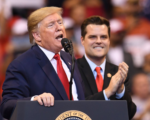Judge Delays Trump Sentencing in Hush Money Case Until After Election

A New York judge has postponed the sentencing of former U.S. President Donald Trump in his hush money criminal case until after the November 5th election, aiming to avoid any perception of political bias. Initially, Trump’s sentencing was scheduled for September 18, but his legal team successfully argued for a delay, asserting that the original date aligned too closely with election season, potentially interfering with the vote. Manhattan District Attorney Alvin Bragg, who charged Trump in this case, is a Democrat, while Trump, now the Republican nominee for the presidency, maintains that the case was politically motivated.
Judge Juan Merchan emphasized in his decision that the delay was meant to protect the court’s impartiality, ensuring that it is not perceived as politically influenced. He set the new sentencing date for November 26, unless Trump’s defense team’s request to dismiss the case is granted. Trump responded on his Truth Social platform, expressing gratitude for the delay and reiterating his position that the case should be dismissed as he focuses on what he considers the most critical election in U.S. history.
This case, notable for being the first criminal trial of a former or current U.S. president, revolves around Trump’s conviction on 34 counts of falsifying business records. These charges relate to payments made by his then-lawyer to adult film actress Stormy Daniels in exchange for her silence about an alleged affair with Trump before the 2016 election, a claim Trump denies. Despite the guilty verdict handed down on May 30, Trump continues to appeal the decision.
Judge Merchan’s recent ruling also indicated that he would consider Trump’s request to overturn the conviction in light of a U.S. Supreme Court decision regarding presidential immunity. This landmark ruling, tied to a separate case, clarified that a sitting president cannot be prosecuted for their official acts and that such actions cannot be used as evidence in cases involving unofficial behavior. Trump’s defense argues that this ruling supports dismissing his conviction, though the prosecution maintains that the case centers on Trump’s personal conduct, unrelated to his presidential duties.
Prosecutors have not opposed the delay in sentencing, leaving the timing to the discretion of the court. Legal experts believe Bragg may be navigating carefully, avoiding accusations of political bias in light of Trump’s repeated claims of election interference. Trump could face up to four years in prison for falsifying business records, though probation or fines are more common for such offenses. Nonetheless, should Trump win the presidency, he could potentially influence federal charges related to election interference, though he would not have the power to dismiss state-level cases like the one in New York.





















